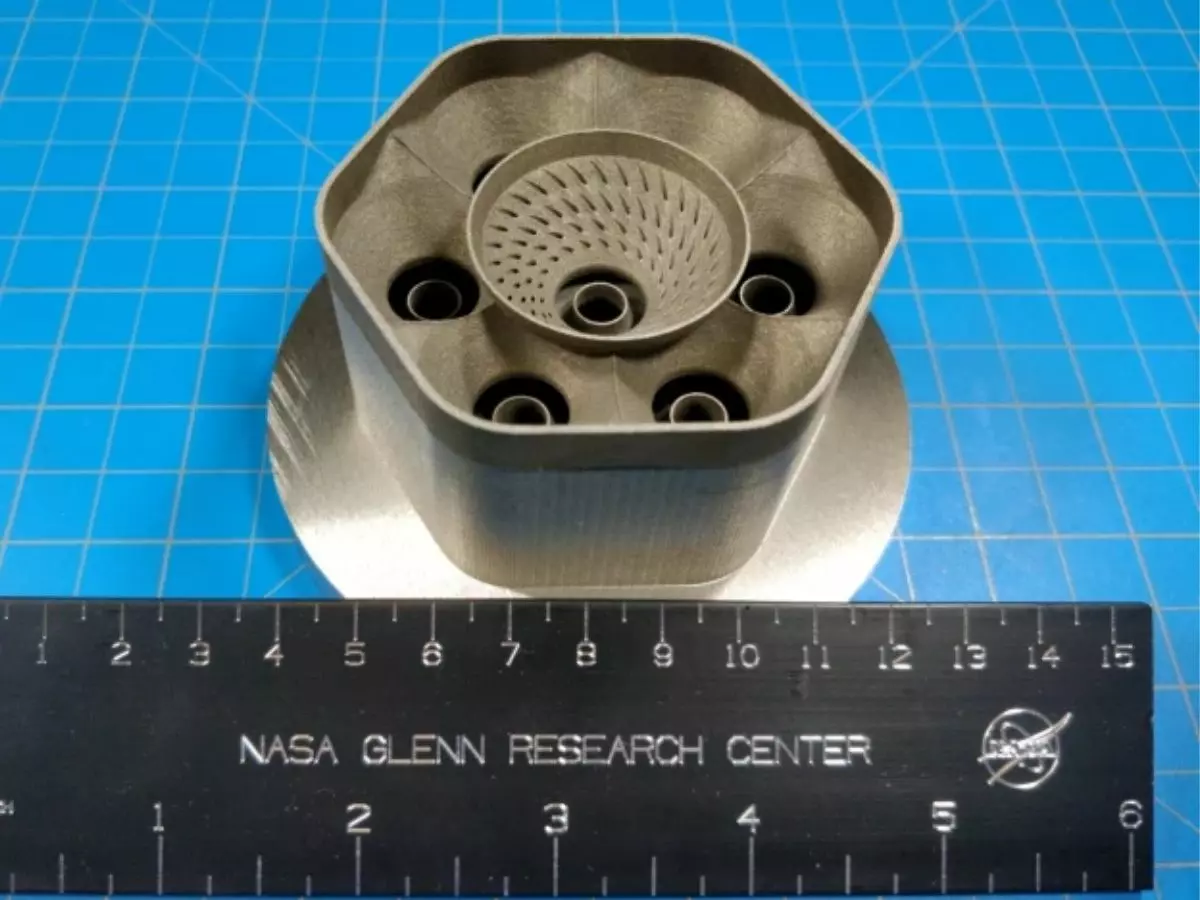NASA's New Metal Alloy Could Build Space Vehicles With Exceptional Strength
At 1,093 degrees celsius, the alloy offered twice the strength in resistance to fracturing, three and a half times the flexibility of not cracking when bent and stretched, with over 1,000 times of durability under stress.

Scientists at NASA have invented a new metal alloy that¡¯s 1,000 times more durable that currently used state-of-the-art materials used in aviation and aerospace vehicles.
 NASA
NASA
Also read: Five Mass Extinction Events In Earth's History That Wiped Off Most Life
The alloy, dubbed GRX-810 could revolutionise space travel, according to NASA as it is capable of withstanding far harsher situations than existent materials used in rocket engines.
The new material is essentially an oxide dispersion strengthened alloy (ODS) that has nanoscale oxides embedded throughout to boost the alloy¡¯s durability and resistance to high temperatures. To get the combo just right, the composition of the new alloy was made using computational models to simulate the thermodynamic performance of the material which was then 3D printed.
Researchers were able to arrive at the optimal design for the alloy after around 30 simulations. They also say that the trial and error processes that would take years now only take weeks or months with newer technologies.
At 1,093 degrees celsius, the alloy offered twice the strength in resistance to fracturing, three and a half times the flexibility of not cracking when bent and stretched, with over 1,000 times of durability under stress.
 NASA
NASA
Also read: Is Humanity Doomed? Science Says We Are In Middle Of A 'Mass Extinction Event'
According to researchers, this material could help make lighter components for air and spacecraft that could reduce fuel and overall operating costs.
Dale Hopkins, one of the team members explained, ¡°This breakthrough is revolutionary for materials development. New types of stronger and more lightweight materials play a key role as NASA aims to change the future of flight. Previously, an increase in tensile strength usually lowered a material¡¯s ability to stretch and bend before breaking, which is why our new alloy is remarkable.¡±
Keep visiting Indiatimes.com for the latest science and technology news.